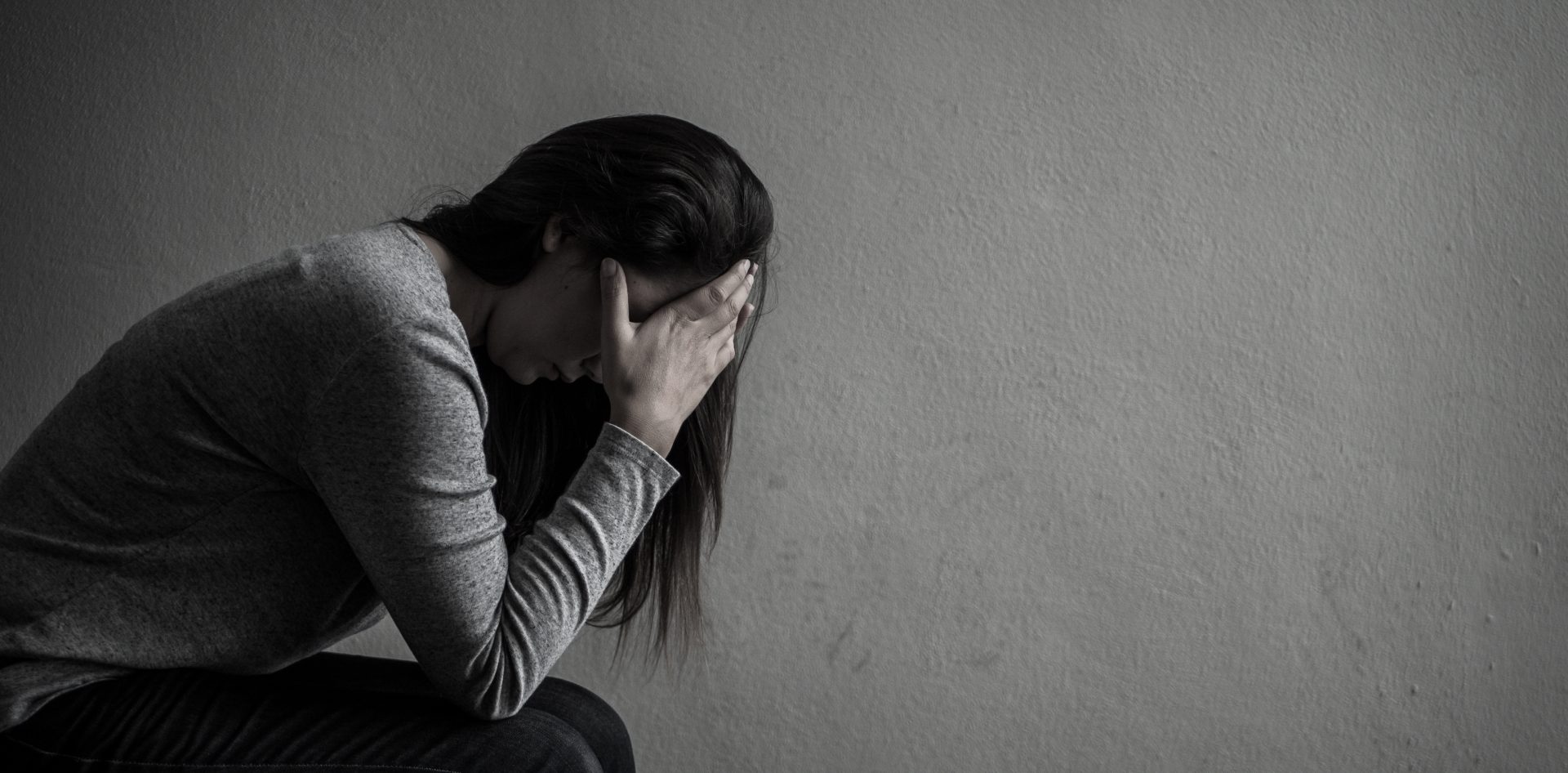HORMONE THERAPY FOR DEPRESSION IN WOMEN
CAN HORMONE THERAPY HELP WITH DEPRESSION IN WOMEN?
Hormone therapy can sometimes help alleviate depression in women, mainly when it is related to hormonal imbalances or fluctuations. However, it is essential to understand that hormone therapy may not be suitable for everyone. Subsequently its effectiveness in treating depression varies depending on the individual and the underlying cause of depression. Let’s explore some instances where hormone therapy may help with depression in women.
HORMONE THERAPY FOR PERIMENOPAUSE AND MENOPAUSE
During perimenopause and menopause, hormonal fluctuations can lead to mood swings, irritability, anxiety, and depression. Hormone replacement therapy (HRT) can help balance estrogen and progesterone levels, potentially improving mood and reducing depressive symptoms. This therapy involves using medications that replace the hormones your body no longer produces in adequate amounts. It is essential to consult with a healthcare professional to determine the suitability of hormone therapy for your specific case.
HORMONAL REGULATION FOR PMS AND PMDD
Some women experience mood changes, irritability, and depression before menstruation due to fluctuations in estrogen and progesterone levels. This condition is known as premenstrual syndrome (PMS), and in severe cases, is diagnosed as premenstrual dysphoric disorder (PMDD). Hormonal contraceptives, such as birth control pills, can help regulate hormone levels and alleviate depressive symptoms in some cases. These contraceptives provide a steady level of hormones throughout the menstrual cycle, which can help stabilize mood. However, it is essential to note that the effectiveness of hormone therapy may vary among individuals.
EXPLORING HORMONE THERAPY FOR POSTPARTUM DEPRESSION
After childbirth, women experience a rapid drop in estrogen and progesterone levels, which can lead to postpartum depression in some cases. While hormone therapy may be considered a treatment option, it is still being researched, and other treatment options, such as antidepressants and psychotherapy, are typically recommended as the first line of treatment. Postpartum depression is a severe condition that requires professional evaluation and care. It is essential to consult with a healthcare professional to determine the most appropriate treatment approach.
COMPREHENSIVE EVALUATION AND PERSONALIZED TREATMENT PLAN
When hormonal imbalances are contributing to depression, it is essential to consult a healthcare professional for a thorough evaluation and personalized treatment plan. Hormone therapy should be carefully considered and weighed against potential risks and side effects. In addition to hormone therapy, other treatment options for depression include antidepressant medications, psychotherapy, and lifestyle changes. Especially engaging in regular physical activity, maintaining a healthy diet, and practising stress management techniques. A comprehensive approach that considers your specific needs and circumstances is essential for effective treatment.
SUMMARY
While hormone therapy can sometimes help treat depression in women with hormonal imbalances, it is not a one-size-fits-all solution. The effectiveness of hormone therapy in alleviating depression symptoms depends on various factors, including the individual’s specific circumstances and the underlying cause of depression. Consulting with a healthcare professional is crucial for a comprehensive evaluation and personalized treatment plan that considers the various available options and their potential benefits and risks.







